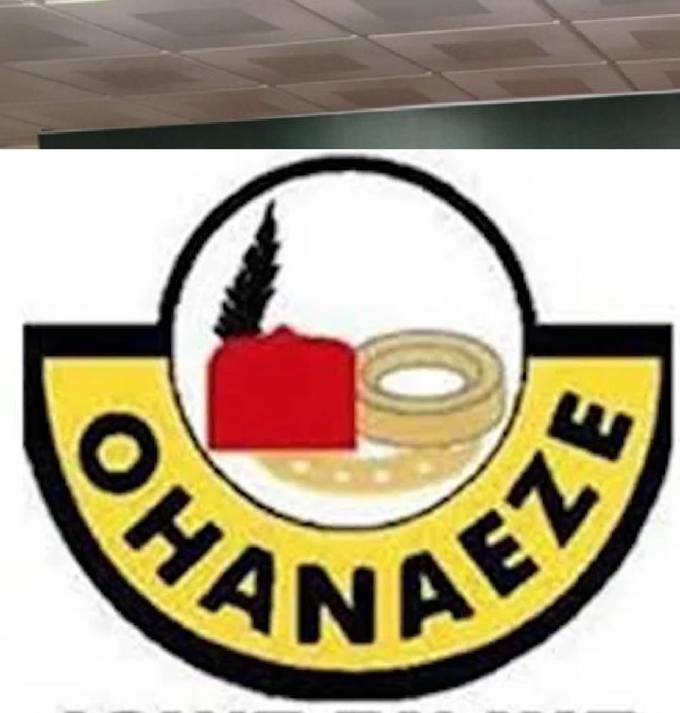Engr. Ibeh led Ohanaeze Ndigbo Worldwide, has warned that the current sit at home order by the Indigenous People of Biafra, (IPOB) would cost more hardship to the people from the southeast zone, even as he advised the group to consult southeast governors before issuing such order.
IPOB had issued an order declaring every Monday a sit-at-home day from August 9 until its leader, Nnamdi Kanu, is released from the detention of the Department of State Services.
Kanu, who was rearrested in June in Kenya and extradited to Nigeria, is facing a treasonable felony offence.
During a resumed hearing of his case at the Federal High Court in Abuja on Monday, his matter was adjourned till October 21 following the failure of the DSS to produce him in court.
However, the Ibeh led Ohanaeze in a statement by the Secretary General, Mazi Okechukwu Isiguzoro, commended the group for heeding the earlier (Ohanaeze’s) directives to forgo any form of protests and processions to avert the possibility of conflicts with security agents and forestall the untimely death of Igbo youths.
He said: “We are in support of any civil procession that will be peaceful and without infestations of untold hardship and economic havoc on southeastern Nigerians.
“We are aware of the economic loses associated with sit-at-home orders in the past but we call for caution in the issuance of fresh sit at home orders with suffering starring on the faces of Ndigbo.
“Southeastern Governors should be consulted with other stakeholders including Igbo traditional rulers and market administrators to ascertain the consequences of sit at home orders in the past and the best strategies to free Nnamdi Kanu.”
“It’s not in the best interest of Ndigbo to add more salt to injuries, there are better options that Ipob can use to push for the release of Nnamdi Kanu without infesting hardships on Ndigbo through Sit at home”.
“Ipob should review their stance and see the bigger pictures of the discomforts and sufferings of the Igbo and adjust the sit at home from once a week to once a month”.

